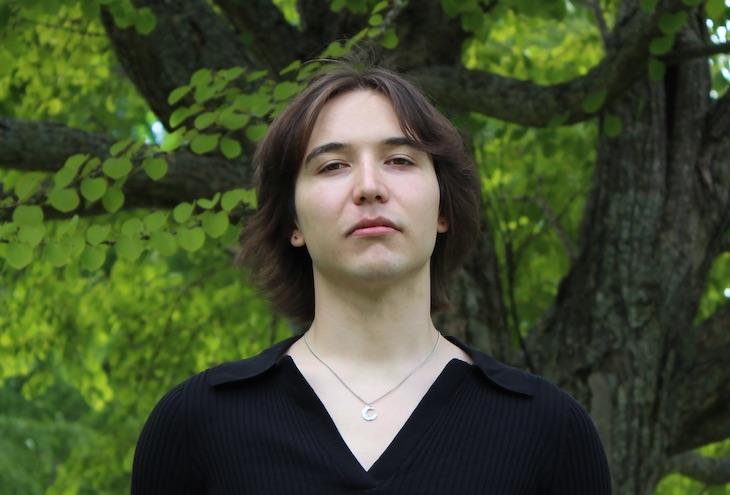It would be an understatement to say Clara Sockabasin felt alienated when she first left her small New Brunswick community of Tobique First Nation for university halfway across Canada. Adapting to rigorous classwork at the University of Waterloo in Ontario, a top engineering school, was a harsh reality check. “Starting school, I was already behind,” recalls Sockabasin.
While she had early dreams about becoming an astrophysicist and always excelled at math and sciences, she feels her high school’s “lackluster” education left her unprepared for university. “At my very first physics lecture, they expected us to know a semester’s worth of vectors — I hadn’t seen a vector in my life,” she recalls. Challenging coursework was just one problem. “The curriculum difference and not having the best study habits added up to failing my first semester,” says Sockabasin.
Academic challenges were compounded by feelings of homesickness and social exclusion. “I never met anyone who was Indigenous and wasn’t able to find friends. Some people told me I just got into the program because I was a diversity pick. When I failed the first semester, it looked like they were right,” she says. But somehow, she stuck with it. “Even then, I knew Waterloo was where I wanted to be. And after putting in the right effort, I realized I was meant to be here.”
Although she’d heard rumors of the Waterloo Indigenous Student Centre (WISC), scheduling incompatibility prevented Sockabasin from connecting with this community. That is, until she was invited to join the WISC director at the annual AISES in Canada National Gathering in Saskatoon, Saskatchewan. “I had such a great time that weekend that I wanted to bring this community to Waterloo,” Sockabasin says. “Through AISES, I’ve become happier and more accepting of my Indigenous identity. I want to connect with my culture more, which is something I plan to do after graduating.”
While Sockabasin was instrumental in launching an AISES College Chapter at her university, unfortunately the pandemic disrupted much of the progress she hoped to achieve. Still, she has succeeded in meeting other Native students and planting the seeds for the community’s growth, which she hopes to continue supporting as an alumna.
Just as her university experience deepened Sockabasin’s relationship with her Indigenous roots, it has also clarified her career ambitions. Co-op work placements gradually helped her realize that she wanted something more hands-on, impactful, and environmentally conscious than her initial major, computer engineering. “My ideal career field would definitely be in renewable energy, specifically in the systems that control renewable energy sources,” explains Sockabasin. “Wind, followed by solar, are my favorites. The problem with renewable energy is how intermittent it is and how to find ways to store it or use it while it's available.”
Throughout the co-op process, Sockabasin began to learn about windmill systems and the automated machinery behind them. As she prepares to graduate with a BS in electrical engineering, she looks forward to a career that enables her to develop expertise in the “niche area” of control systems.
Sockabasin believes there are emerging opportunities to help Indigenous communities transition to renewable energy. She already has ideas about developing water purification or waste management systems that are powered asynchronously to optimize output.
“Depending on the outcome of my work, I could look at designing those systems from the ground up,” Sockabasin says. “I want to go out into the world and become a seasoned engineer in those fields to be able to lead projects. Ultimately, I'd want to be able to have the experience to come back to my reserve and help them implement this technology.”













